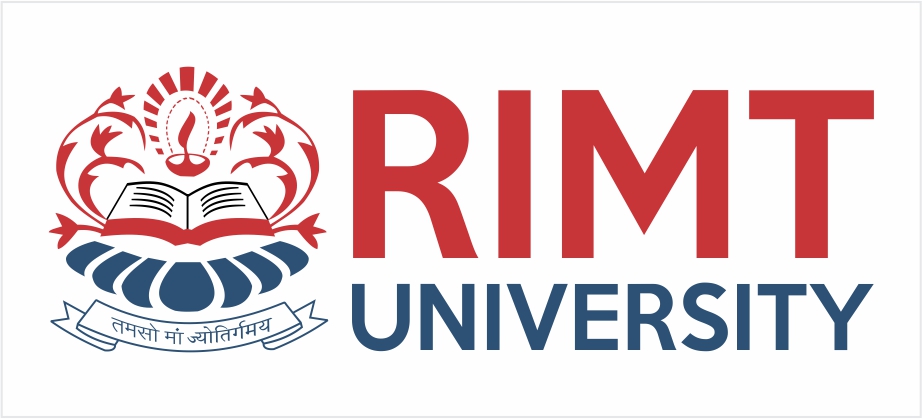About Programme
M.Sc (Zoology) or Master of Science in Zoology is a postgraduate course. It is the branch of biology which relates to the animal kingdom, including the structure, embryology, evolution, classification, habits, and distribution of all animals, both living and extinct. The duration of this course is two years divided into four semesters.
Eligibility & Admission
Pass in B.Sc. Medical or B.Sc with Zoology.
| PROGRAM FEE | AMOUNT |
|---|---|
| Application Fee (One Time) | 1,000/-INR |
| Registration Fee (One Time) | 15,000/-INR |
| Security (One Time – Refundable) | 8,000/-INR |
| Semester Fee | 42,000/-INR |
Scholarship
| Marks in Graduation | Scholarship Per Semester | Applicable Fee After Scholarship Per Semester |
| 60% / 6CGPA and Above | 30% | 29,400/-INR |
| Disability Level | Scholarship Per Semester | Applicable Fee After Scholarship Per Semester |
| 90% & Above 90% | 30% | 29,400/-INR |
| 75% & Below 90% | 20% | 33,600/-INR |
| 50% & Below 75% | 10% | 37,800/-INR |
| Category | Scholarship Per Semester | Applicable Fee After Scholarship Per Semester |
| Wards of Param Veer Chakra | 30% | 29,400/-INR |
| Winners of Maha Veer Chakra | 20% | 33,600/-INR |
| Winners of Veer Chakra | 10% | 37,800/-INR |
| Work Tenure | Scholarship Per Semester | Applicable Fee After Scholarship Per Semester |
| More than 5 years continuous service | 30% | 29,400/-INR |
| 1 Year – 5 Years continuous Service | 20% | 33,600/-INR |
| Category | Scholarship Per Semester | Applicable Fee After Scholarship Per Semester |
| Single girl child | 20% | 33,600/-INR |
| Category | Scholarship Per Semester | Applicable Fee After Scholarship Per Semester |
| Parentless | 30% | 29,400/-INR |
| Either fatherless or motherless provided the annual family income is less than 2.5 lakh | 20% | 33,600/-INR |
Learning Outcomes
- Be proficient in integrating knowledge and applying their understanding in identifying problems and producing powerful solutions.
- Attain professional competence, intellectual maturity and personal growth along with a commitment for ethical development of the industry.
- An ability to analyze a problem, and identify and define the computing requirements appropriate to its solution.
- An ability to function effectively on teams to accomplish a common goal.
Programme Education Objectives (PEOs)
- PEO1 To understand the diverse fields of Zoology.
- PEO2 To be acquainted with the value of fauna and its significance for the society.
- PEO3 To develop problem solving skills in students to make them carry out innovative research projects.
- PEO4 To provide highly skilled professionals to the society.
Programme Outcomes (POs)
- PO1 Develop deeper understanding of key concepts of biology and different biological systems.
- PO2 Apply the knowledge attained in research field to make new discoveries. Learn scientific experiment designing and equipment handling skills.
- PO3 Employ highly developed conceptual, analytical, quantitative and technical skills.
- PO4 Compare and contrasts characteristics of different forms of Life.
- PO5 Understand evolutionary processes and relationships. Learn to analyze evolutionary parameters using various bioinformatics and computational tools used in modern sciences.
- PO6 Understand the importance of biodiversity, ecological factors, threats and biodiversity conservation strategies.
- PO7 Knowledge of developmental pathways and classical genetics in order to understand distribution and inheritance of different traits and diseases among populations and correlate with modern techniques like genomics, metagenomics, genome editing and molecular diagnostic tools.
- PO8 Understand the key concepts of Life Sciences at ecological, developmental, molecular, cellular, biochemical, physiological and behavioral level.
- PO9 Explore knowledge of applied fields like conservationist, entomologist, ecologist, curator, conservation biologist, lab technologists, sericulture, apiculture, fisheries, poultry, vermiculture, dairy farms etc.
- PO10 The program enhances scientific temper and creativity, which will be helpful for the society since scientific developments can make a nation to grow at a rapid pace.
Programme Specific Outcomes (PSOs)
- PSO1 Identify, classify and differentiate diverse forms of life based on their morphological, anatomical and systemic organization.
- PSO2 Define and explain major concepts in the biological sciences. Learn practical skills in biotechnology, biostatistics, bioinformatics, biosystematics, biochemistry, developmental biology, human physiology, cell biology, cytogenetics and molecular biology. Acquire complete knowledge of disciplinary as well as allied biological sciences. Ability to connect and apply gained biological knowledge to other disciplines.
- PSO3 Understand and evaluate animal interactions with the environment. Evaluate the mechanisms of ecology, ethology, systematic and evolution in the natural world.
- PSO4 The students will be well equipped to become very competent in research or teaching fields after completion of this course. Students can apply the knowledge of core concepts of zoology in competitive examinations like joint CSIR UGC NET, SET, GATE, ICAR, ICMR Civil Services examinations like Indian Forest Service or State Government Forest Services, and other government services in departments of environment, wildlife, forests, Zoological survey, forensics etc. He/She can join join as Scientist/Assistant professor/Teaching assistant or can prepare for Indian Civil Services (Indian Forest Service). Students can join industries or may opt for establishing their own industrial unit. Practical and theoretical skills gained in this program will be helpful in designing different public health strategies for social welfare.
Career Prospects
Students after completing the course can enter into any field of biological and biomedical research. They can become researchers, teachers and can be trained in any fields of biology within a short duration. Typical job profiles are Zookeepers, wildlife rehabilitators, environmental consultants, journalists, conservationists, wildlife educators, biological laboratory technicians, zoological/biomedical laboratory technicians, zoology teachers, research associates – zoology/biotechnology, production & quality control chemists, research scientists and semenologists.
